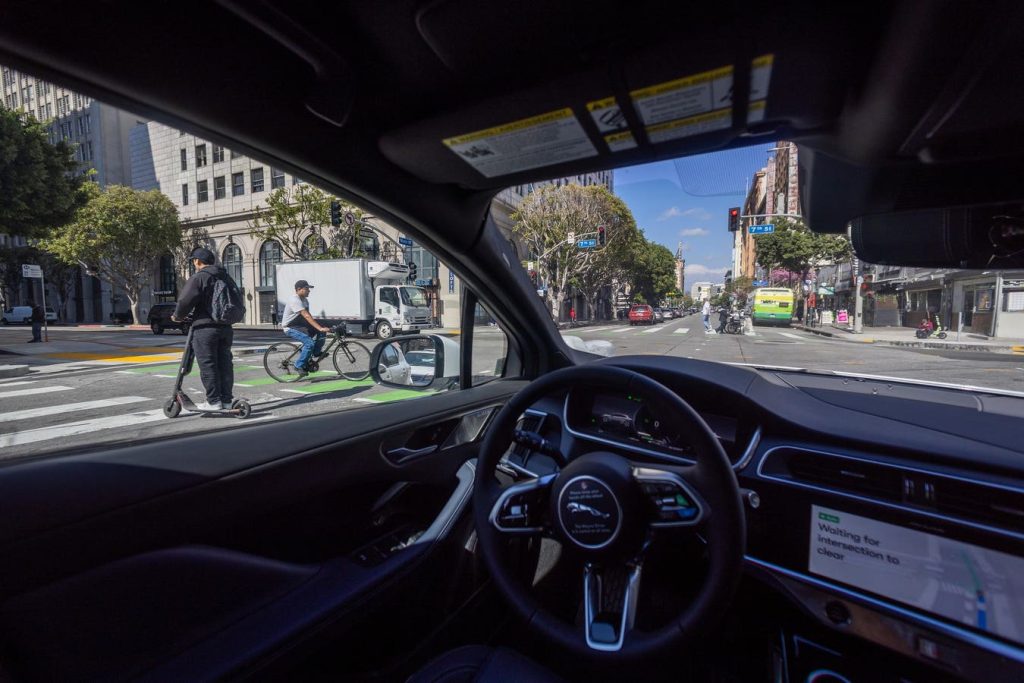Tesla’s stock has dropped by 31% this year as of April 12, leading to questions about whether the company’s stock is cheap or overpriced. The Wall Street Journal reported that only 3.88% of Tesla’s shares were sold short as of March 28, leading to concerns about the stock being overvalued. Tesla has been facing challenges regarding their vehicle deliveries and revenue growth, with the company being hesitant to compete with lower-priced rivals like BYD.
Analysts are growing increasingly impatient with Tesla’s disappointing growth, especially after the company reported weak financial results for the fourth quarter of 2023 and provided below-expectations guidance for 2024. Tesla’s operating margin dropped significantly, and their first-quarter 2024 vehicle deliveries fell short of analyst estimates. The company’s revenue growth has also been hampered by reduced average selling prices following steep price cuts in the previous year.
Consumers are becoming more value-sensitive, looking for safe and low-cost driving options. This shift has led to Chinese rivals like BYD and Li Auto offering high-quality EVs at lower prices, capturing market share from Tesla. Pressure is mounting on Tesla to introduce its Model 2 to compete in this lower-priced segment. However, Tesla’s decision to scrap plans for a lower-cost electric vehicle has raised questions about the company’s commitment to offering more affordable options to consumers.
Tesla’s focus on the development of a robotaxi may not be enough to boost the company’s revenue growth. While CEO Elon Musk has been promoting the idea of a self-driving vehicle with no driver control, there are concerns about Tesla’s ability to deliver on this promise. The company lags behind industry leader Waymo in launching a robotaxi fleet, and there are doubts about the reliability of Tesla’s self-driving technology.
Tesla may face regulatory challenges in operating a fleet of robotaxis, as the company reportedly lacks the necessary permits in key states like Arizona, California, and Nevada. Tesla will need to secure regulatory approval to operate a fleet of robotaxis, which could hinder the company’s growth in this area. Analysts have mixed opinions on Tesla’s future stock performance, with some setting optimistic price targets while others express concerns about the company’s revenue growth strategies.
Overall, Tesla’s stock performance has been under scrutiny due to the company’s challenges in vehicle deliveries, revenue growth, and competition from lower-priced rivals. As Tesla continues to navigate these obstacles and develop a robotaxi business, investors remain cautious about the company’s ability to meet expectations and deliver sustainable growth.


